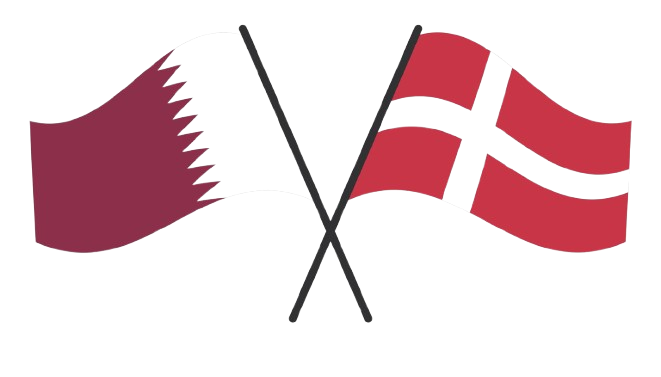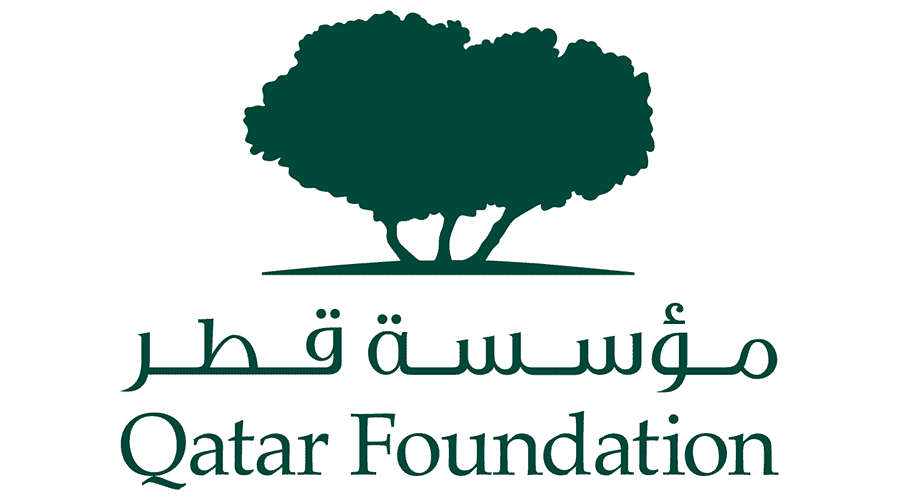Qatar Foundation
Qatar Foundation (QF) – Empowering Knowledge, Innovation, and Sustainability
1. Overview
Qatar Foundation for Education, Science, and Community Development (QF) is a non-profit organization established in 1995 by Sheikh Hamad bin Khalifa Al Thani and Sheikha Moza bint Nasser. Its mission is to drive Qatar’s transformation into a knowledge-based economy by focusing on education, research, innovation, and community development.
QF plays a pivotal role in Qatar National Vision 2030 (QNV 2030) by supporting human, economic, and social development through world-class universities, research institutes, and strategic partnerships.
2. Key Focus Areas
Qatar Foundation operates across three main pillars:
A. Education – World-Class Learning Hub
QF has positioned Qatar as a global education hub by establishing Education City, a 12-square-kilometer campus hosting some of the world’s top universities.
Education City Institutions (Universities & Schools)
- Qatar Academy Schools – K-12 education with IB curriculum.
- Qatar Leadership Academy (QLA) – Developing future leaders.
- Virginia Commonwealth University School of the Arts (VCUarts Qatar) – Art and design.
- Weill Cornell Medicine-Qatar (WCM-Q) – Medical education.
- Texas A&M University at Qatar (TAMU-Q) – Engineering and energy sciences.
- Carnegie Mellon University in Qatar (CMU-Q) – Business, computer science, and AI.
- Georgetown University in Qatar (GU-Q) – International affairs and politics.
- Northwestern University in Qatar (NU-Q) – Journalism, media, and communication.
- HEC Paris in Qatar – Executive business education.
- UCL Qatar (Formerly Operated) – Archaeology, conservation, and heritage studies.
QF also collaborates with international institutions to enhance education opportunities in Qatar, offering scholarships, research grants, and innovation-driven programs.
B. Research, Development & Innovation (RDI)
QF leads cutting-edge research in various fields through Qatar National Research Strategy (QNRS). It operates under Qatar Research, Development, and Innovation Council (QRDI Council).
Flagship Research Institutions
- Qatar National Research Fund (QNRF) – Provides funding for groundbreaking research.
- Hamad Bin Khalifa University (HBKU) – A leading postgraduate research university.
- Qatar Biomedical Research Institute (QBRI) – Focused on cancer, diabetes, and neurological diseases.
- Qatar Computing Research Institute (QCRI) – Specializes in AI, cybersecurity, and big data.
- Qatar Environment and Energy Research Institute (QEERI) – Works on renewable energy and sustainability.
Key Research Areas
- Artificial Intelligence & Data Science
- Healthcare & Biotechnology
- Renewable Energy & Sustainability
- Cybersecurity & Digital Transformation
- Climate Change & Water Security
These research institutions drive scientific advancements and contribute to global knowledge-sharing initiatives.
C. Community Development & Cultural Enrichment
QF promotes Qatari culture, social responsibility, and community engagement through various initiatives.
Key Initiatives & Programs
- Doha Debates – A global forum for discussions on world issues.
- Stars of Science – A reality TV program that fosters Arab innovators.
- Qatar Philharmonic Orchestra (QPO) – Promotes musical and artistic excellence.
- Qatar Career Development Center (QCDC) – Supports youth career planning.
- Al Shaqab Equestrian Center – Preserving Qatar’s horse-riding heritage.
QF also runs sustainability programs that focus on green buildings, environmental conservation, and renewable energy within Education City and beyond.
3. Economic & Business Innovation
Qatar Foundation fosters entrepreneurship, startup incubation, and technology commercialization through initiatives like:
- Qatar Science & Technology Park (QSTP) – A hub for tech startups and research-driven enterprises.
- Qatar Business Incubation Center (QBIC) – Supports Qatari entrepreneurs and SMEs.
- Qatar FinTech Hub (QFTH) – A platform for financial technology startups.
- WISH (World Innovation Summit for Health) – Promotes global healthcare innovations.
These initiatives help diversify Qatar’s economy beyond oil and gas, in line with Qatar National Vision 2030.
4. Sustainability & Smart Cities
Qatar Foundation is committed to environmental sustainability, demonstrated through:
- QF Green Building Standards – Promoting eco-friendly construction.
- Education City Solar Panels & Waste Reduction Initiatives.
- Qatar Sustainability Week – Encouraging sustainable living.
- Sidra Medicine – Qatar’s First LEED Gold-Certified Hospital.
These projects make QF a leader in smart and sustainable urban development.
5. Global Collaborations & Partnerships
QF has established strategic partnerships with organizations such as:
- United Nations Educational, Scientific and Cultural Organization (UNESCO) – Education & cultural development.
- World Health Organization (WHO) – Healthcare innovations.
- MIT, Harvard, Oxford & Cambridge Universities – Research collaborations.
- Bill & Melinda Gates Foundation – Global health & sustainability projects.
These partnerships enable QF to amplify its impact beyond Qatar and contribute to global progress.
6. Future Vision & Challenges
QF’s Future Goals (2030 & Beyond)
✔ Expand research & technology sectors.
✔ Position Education City as a global innovation hub.
✔ Promote AI, robotics, and sustainability research.
✔ Enhance Qatar’s startup ecosystem & digital economy.
✔ Continue social development initiatives in education & health.
Challenges & Solutions
- Global Competition in Education – QF is focusing on digital transformation & online education.
- Economic Diversification Needs – More emphasis on FinTech, AI, and clean energy industries.
- Sustainability Concerns – Expansion of eco-friendly urban planning & renewable energy projects.
7. Conclusion
Qatar Foundation is a driving force behind Qatar’s transformation into a knowledge-based economy. Through education, research, innovation, and community initiatives, QF continues to shape Qatar’s global reputation as a center for learning, science, and sustainable development.

